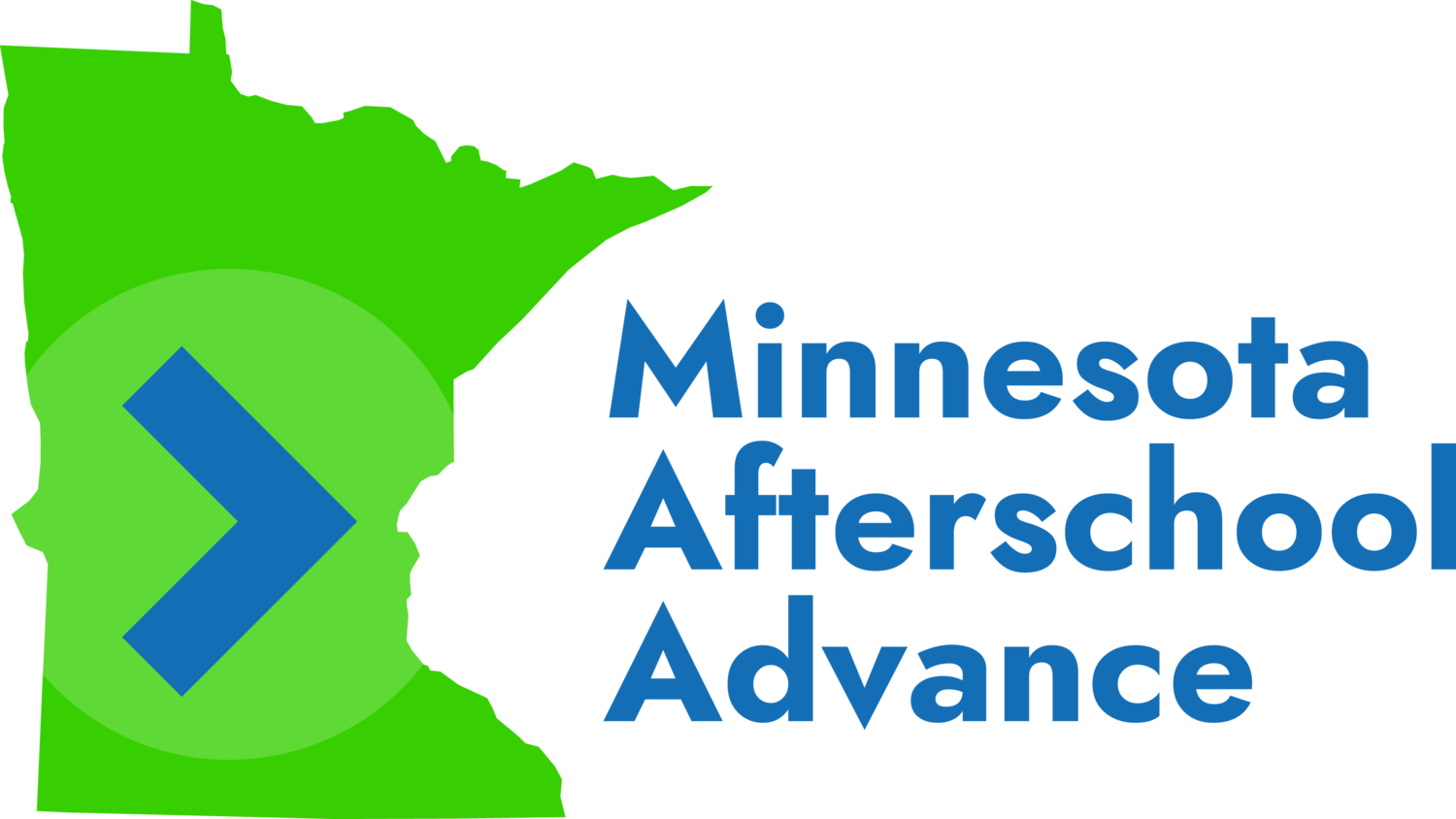IMPORTANT UPDATES
Below are some important updates about the Minnesota Afterschool Advance (MAA) program for 2026:
No New Lending in 2026
MAA has made the hard decision not to make new loans in 2026. There are many reasons for this decision. The most important is that it has become increasingly clear that the Minnesota K-12 Education Tax Credit (METC) and the related assignment process need significant administrative changes in order to work well at scale for families, service providers, lending programs like MAA, and the involved state government agencies. The current system is not working well enough as designed.Focus on Systems Change in 2026
MAA believes that fundamental system changes are urgently needed in order for the METC and assignment processes to truly work for all involved. Key stakeholders at the State of Minnesota have shown eagerness to review and improve the system. MAA intends to focus its energy on systems change in 2026. We hope that you will join us in this work.Ongoing Staff Resources
MAA will continue to offer staff resources, tax preparation support, and language translation for families who participated in MAA through 2024. Please contact Erin Martin at erin@youthprise.org
It’s important to note that the METC is still available and is a viable option for many families to gain access to afterschool activities. Visit https://www.revenue.state.mn.us/k-12-education-subtraction-and-credit to learn more about eligibility and how families can access the credit.
MAA deeply values all of its families, service providers, and partners. It is our hope that we can work together to build a better system for everyone involved.

